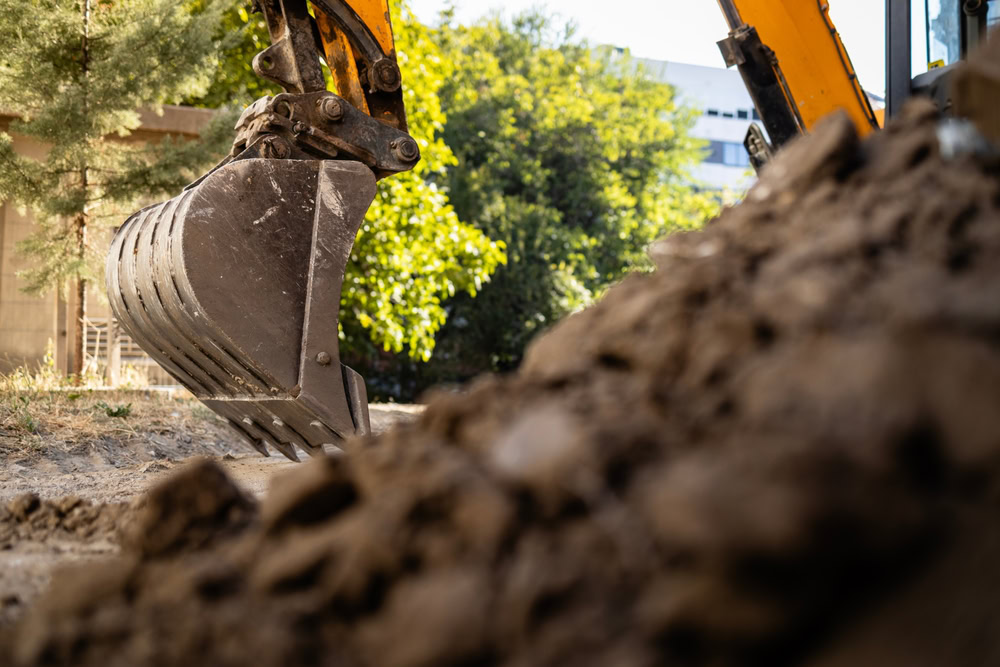The move is designed to speed up the delivery of new housing and key infrastructure projects in England by streamlining the process for obtaining permits from the Environment Agency (EA).
Under the plans, the EA will be given new powers to determine which activities can be exempt from requiring an environmental permit.
The changes will apply to waste operations and, following planned updates in England, to waste controlling and transporting activities.
Environment Minister Emma Hardy, who announced the update, said: “We are committed to ensuring that environmental regulation works for everyone – protecting our towns and countryside from harm and delivering sustainable development.
“As part of the Plan for Change, a common-sense approach to environmental permitting in England will boost economic growth and unleash an era of building, while also keeping people and the environment safe.”
Faster approvals for low-risk activities
Currently, a number of activities that are essential to the early stages of construction – including site investigation works, temporary waste storage and drainage operations – are required to obtain environmental permits before they can begin,
Under the new reforms, these activities, which have been termed as ”low-risk”, would be exempted from the permit application process, provided that operators comply with appropriate controls.
Defra said that certain low-risk activities carried out by individuals and small and medium-sized enterprises (SMEs) will also benefit, no longer needing a permit where appropriate safeguards are met.
The EA will be required to consult on any proposed exemptions.
The EA’s Chief Regulator Jo Nettleton added: “Protecting the environment and sustainable development can and must go hand-in-hand.
“We welcome the Government’s efforts to drive economic growth through a more proportionate permitting regime.
“We have engaged closely with the consultation on reforms to environmental permitting, and look forward to continuing our work as a fair and proportionate regulator for people and the environment while supporting business and sustainable economic growth.”
Recommendation from the Corry Review
The reforms deliver on a key recommendation from the Corry Review, an independent review of Defra’s regulatory landscape published earlier this year.
Economist Dan Corry concluded that major institutional change was not necessary, but identified a need for a “more dynamic, streamlined” approach to environmental regulation, particularly around licensing, permitting, monitoring, enforcement and sanctions.
Corry called for a consistent and fair “thin green line” in regulation, giving trusted operators more autonomy and allowing regulators to make sensible, risk-based decisions.
He specifically recommended updates to the Environmental Permitting (England and Wales) Regulations 2016, enabling the EA and other regulators to decide which activities could be safely exempted from the need for a permit.





Subscribe for free